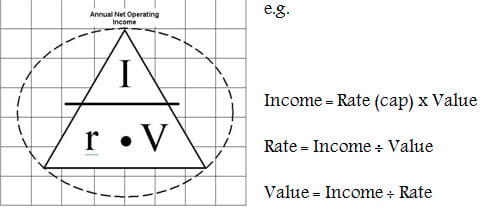For Gwinnett commercial property owners, the stakes when it comes to property taxes are higher, especially when these represent a substantial percentage of their overall operations cost. Thus, the need to file a Gwinnett commercial property tax appeal on a yearly basis, if necessary, is emphasized!










